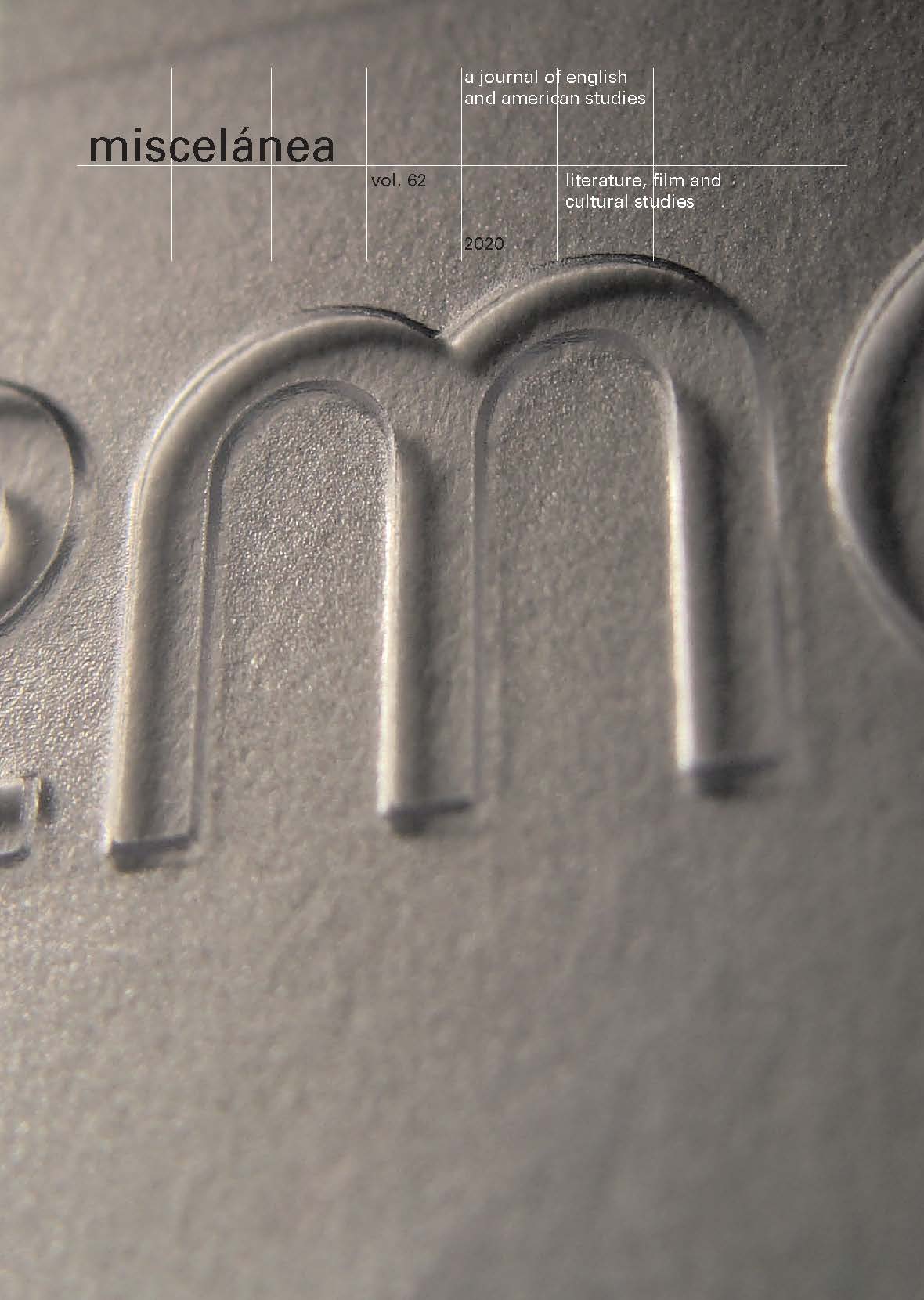Elegías y genealogías del espacio: pertenencia espacial en la cultura y literatura italoamericanas
DOI:
https://doi.org/10.26754/ojs_misc/mj.20205155Palabras clave:
Cultura italoamericana, Little Italy, Migraciones (sub)urbanas, Lugares imaginados, Construcción espacialResumen
Este artículo examina la poética y la política espaciales en la cultura italoamericana y en la novela Paper Fish (1980), de Tina De Rosa, particularmente la representación de las ‘elegías y genealogías del espacio’, que suponen un marco apropiado para el estudio de pertenencia identitaria a los lugares. Se analiza el modo en que la identidad cultural se construye principalmente a partir de comunidades y lugares imaginados, como sucede en los grupos migrantes y diaspóricos, a través de la evocación o creación de sus antepasados y de la tierra natal. Además, la comunidad italoamericana abandona los enclaves característicos de Little Italy puesto que sufre una expulsión debido a los proyectos de renovación urbana o se traslada a los suburbios a mediados del siglo XX, desplazamientos que a veces se comparan con una segunda migración o diáspora. En consecuencia, los enclaves urbanos tradicionales asumen una centralidad destacada como santuarios perdidos que se refleja en la recurrencia de alusiones al ‘Antiguo Barrio’ (Old Neighbourhood). El artículo contribuye a la investigación contemporánea existente acerca del binomio identidad-espacio al examinar cómo los eventos clave de la historia urbana de Estados Unidos impactaron en la cultura italoamericana. Por último, el objetivo es ofrecer nuevas lecturas y aproximaciones críticas de Paper Fish a través de la perspectiva de la construcción espacial (place-making).
Descargas
Descargas
Publicado
Número
Sección
Licencia

Esta obra está bajo una licencia internacional Creative Commons Atribución-NoComercial-SinDerivadas 4.0.


